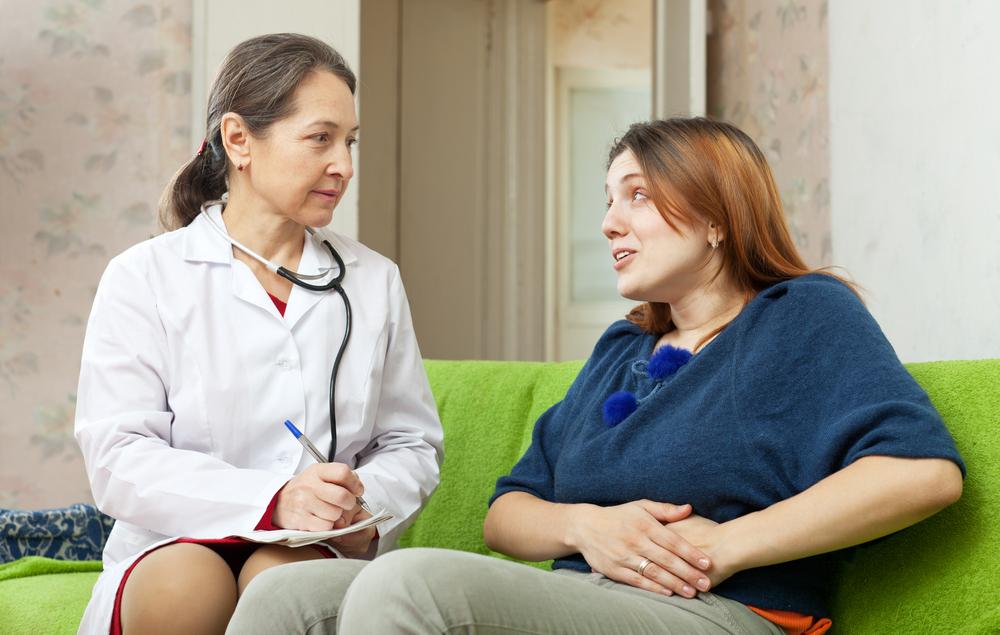
The Early Warning Signs of Endometrial Cancer
According to the National Cancer Institute, around 61,880 new cases of uterine cancer cases will be diagnosed in 2019; an estimate 12,160 women will die of this disease. From 2014 through 2016, 3.1% of women will be diagnosed with this type of cancer in their lives. The Mayo Clinic states those that may be at risk of female cancers, need to have the lab tests conducted by a medical professional and begin the proper course of treatment as soon as possible.
If you have any of the following symptoms, you need to visit your physician as soon as possible to find out if there are abnormal or cancerous cells present. Please keep in mind that many women have no symptoms at all, this is why it’s critical that all women go for regular check-ups to catch any abnormalities that may be present before symptoms occur:
1. Abnormal bleeding
Any usual bleeding, spotting between periods or after menopause and those with an abnormal discharge should see their doctor.
2. Long periods
Excessively heavy bleeding, changes in menstruation, or unusually long periods are abnormal; this should be communicated to your physician. Keep a calendar of your menstruation schedule so you will be aware of abnormalities.
3. Pain in the abdomen or pelvic area
Pain during urination and painful sexual activity may be signs of endometrial cancer.
4. Abnormal paps
Abnormal pap tests should lead to more testing to make sure there is no cancer present.
5. Causes of Endometrial Cancer:
There is no definitive answer that determines who gets endometrial cancer and who doesn’t. But studies have found that changes occur in the lining of the uterus that causes the cells to mutate. These cells turn healthy cells into abnormal cells. This eventually leads to the abnormal cells multiplying, reducing the number of normal cells left. These abnormal cells can form a mass and eventually take over nearby cells and spread throughout the body. While we don’t know who is more at risk for endometrial cancer, there are some factors that can elevate the risk:
- Those that start menstruating at an earlier age are at a higher risk of cancer.
- If you have been pregnant, you have a lower risk of getting female cancers.
- Most endometrial cancers occur as you age, especially after menopause.
- The occurrence of uterine sarcoma increases if you are overweight as body fat alters the body’s hormonal balance.
- If you have taken tamoxifen to treat breast cancer, it may elevate the risk of uterine cancer. You should discuss the options with your doctor.
If you have any symptoms, a history of cancer in the family, make sure that you see your physician on a regular basis.


